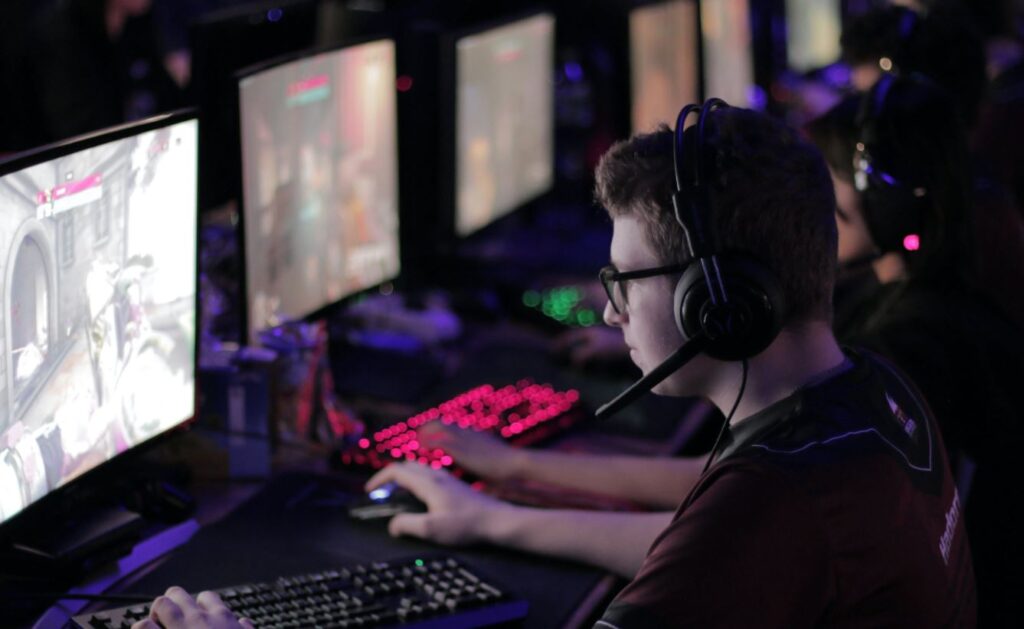
The Ongoing Question of Whether You Can be Both Queer and Successful in the Fighting Games Community

One of the things that you’ll hear if you involve yourself in the fighting games community (FGC) on Twitter, is that what people want to ‘just play games.’ This idea, as utopian as it is unrealistic, is part of a double-headed approach to the apolitical nature of the FGC, and that is the idea that ‘anyone can play.’ After all, if the only thing people want to do is press buttons, then who you are and how you see the world doesn’t really matter, does it? The thing you have in common is fighting games.
It shouldn’t come as a shock then that it isn’t that simple. Fighting games and the community that surrounds them is something that’s incredibly male and masculine, and if you don’t tick those boxes? Then it can be difficult to feel welcome at events. I’ve been to local tournaments where the only person there who wasn’t male was sitting to one side, holding a guy’s controller. While it might be nice to believe that anyone can play, there are unfortunately still barriers to entry that women and queer people face when it comes to feeling like a part of the FGC.
Many of the people I’ve talked to (referred to by their in-game handles), including Tsuru, a Tekken player who has decades of experience playing fighting games, understands both the highs and lows of what the FGC has to offer. She has issued something of a challenge to the top players that she’s interacted with, saying “we will meet in finals one day, and you won’t be able to ignore me then.” Tsuru acknowledged that, to begin with, it was difficult finding a place in the FGC, because of the ways in which the games were marketed towards white men – as she put it to me “growing up, who did you see on all the box art?” – and the stigma that can be associated with approaching the FGC when it isn’t something that’s necessarily marketed or sold with her in mind as a potential player.
When it comes to competing in the FGC, Tsuru said that while anyone can play “not everyone can be respected.” This comes from the way that the FGC puts a premium on – or, depending on your perspective, fetishizes – the skill of players, with skill making it “easier to network and gain ‘street cred’ as a form of respect.” While this might be an expectation for a community-driven by the desire to compete, that alone shouldn’t be what the FGC is about, and can be a double-edged sword.
Millia, another gamer involved in the FGC, told me a lot about her experiences in different scenes, and how helpful it was to be in a scene that had people who cared, and were able to help her feel welcome from the very beginning, without needing to provide any proof of skill in order to get a foot in the door. One thing that she felt was important when it comes to the FGC, and finding a place in it, was the idea of a sense of belonging, something that isn’t always associated with playing competitively.
“The sense of belonging that being good got me was so much smaller than when I helped the tournament organizers (TOs) set up or tear down,” Millia told me, making the case for the communal aspect of the FGC, rather than treating it solely as a place for competition. This point has been echoed by many players that I spoke to, touching on the idea that competition alone isn’t enough and, if anything, can create a sense of loneliness or isolation. That’s what makes it so important that all players have access to scenes or fellow players who are able to help them feel welcome regardless of skill level. Skill alone isn’t enough to create a sense of community, instead what that generates is a group of individuals all playing against each other – the difference is subtle, but important.
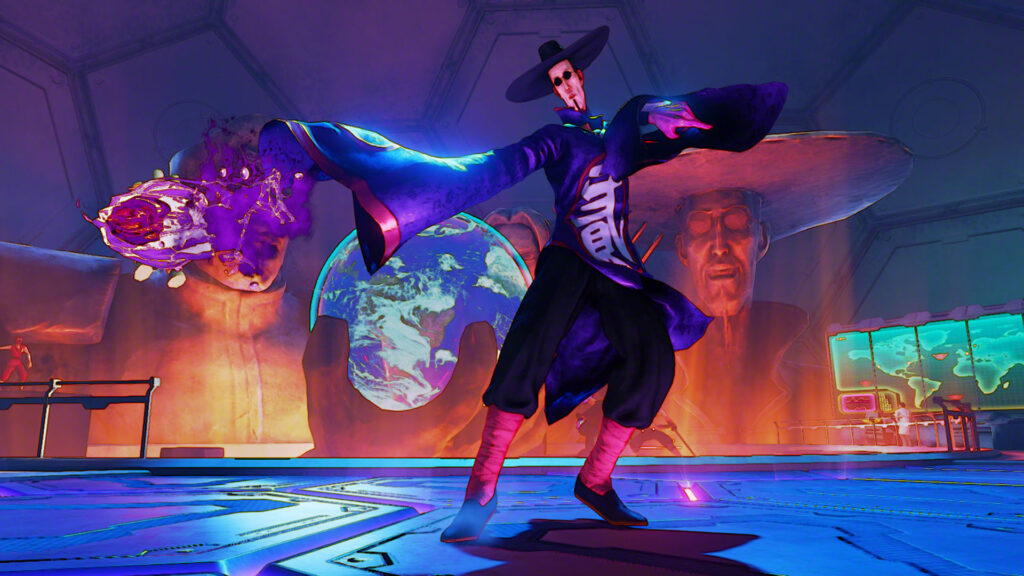
While many people have said that skill isn’t everything, and only competing could be a cause of isolation within the community, it was also made clear that being good at games was an important first step when it comes to acceptance in the community. Millia told me that “not being good puts you in a weird position socially, where people might be trying to figure out why you are even there. And I feel like that is where being queer/LGBT or a woman becomes a problem.” Tsuru mentioned that they could relate to this in particular, talking about how they felt they needed to back up their presence in the FGC rather than simply being allowed to exist.
This is where the role of the community comes into it, and how scenes, along with individual players and TOs can make people feel comfortable, even if they aren’t good at the game. If the main point of the FGC is to compete and get better, then not being at an immediately high level shouldn’t be a cause for raised eyebrows and uncertainty, but instead motivate more seasoned players to take newcomers under their wings.
The extent to which the FGC is a safe space differs a lot based on if events are taking place in physical or digital spaces. Many players have said that the communities themselves are often incredibly positive and accepting. Pro Street Fighter V player MetalQueerSolid stated that “the scenes I’m involved in and work with are overwhelmingly positive towards LGBT players.” Millia too could relate, saying that when she found a scene that took her in, it was “well organized with people who really cared at the top.”
However, people are much less willing to praise the ways in which Twitch chat can impact queer or female players. As the FGC has moved from its arcade roots to more online spaces – all major tournaments are live-streamed – this has increased the reach of the community. On the surface this sounds like a good thing, but the anonymity offered by a stream chat can often reveal the uglier side of the community. One of the things that’s become clear through both my time in the FGC, and the experiences of the players that I spoke to, is that physical communities can often offer more stability and safety than those that are entirely digital. There’s a major difference not only when it comes to playing someone face to face, but also simply interacting with them, seeing them and being seen yourself.
“The biggest part of the FGC that makes me feel unwelcome is the stream chats and other online communities,” Millia stated. Online spaces are one of the most prominent issues that come up in terms of a dividing line between feeling safe and unsafe in FGC spaces. Poorly moderated chats, or other community members – players, commentators, or TOs – can create environments that stop players from feeling safe, or like they’re able to entirely be themselves.
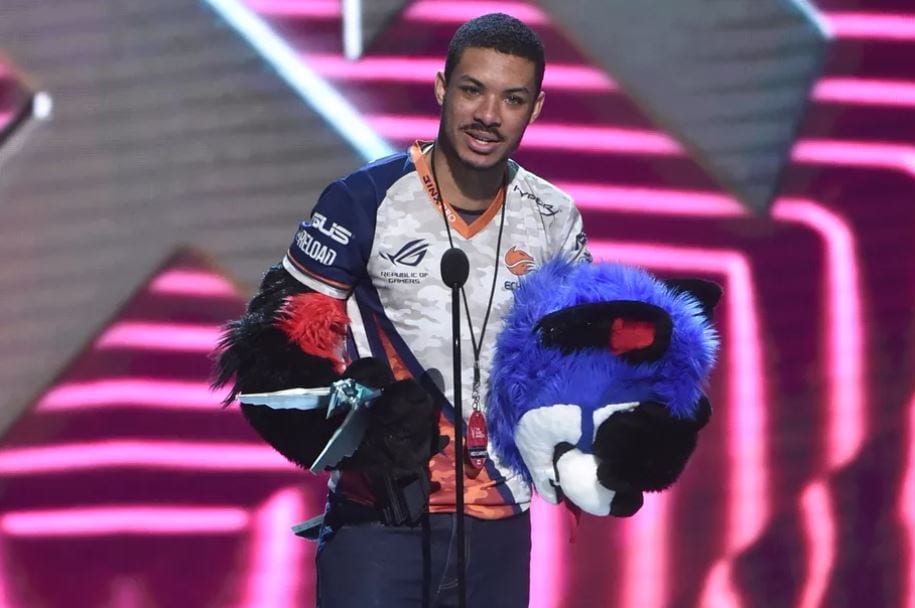
However, while the march of progress for technology might have opened a door to some dark spaces in the FGC, but as time has gone on, people have made it clear that they feel that progress has been made when it comes to a more diverse group of players feeling welcome. MetalQueerSolid observed that there has been a massive amount of change during his time in the scene, attributing some of this to the rise of openly queer pros like SonicFox, as well as the impact of “long-time figures such as Ricki Ortiz openly undergoing gender transition.” The reason this is so important is that it shows that the FGC is able to move forward without sacrificing its competitive arcade culture roots. Seasoned pros live openly as queer, and thanks to the newly online nature of much of the FGC, lets a whole new generation of potential players see this, and feel like there might be a home for them there too.
Any conversation around queerness in the FGC would need to include mentions of SonicFox, someone known for their outspoken politics alongside their skill – something made clearest in the offhand comment “I’m pretty much everything a Republican hates” they made while accepting an award for Esports Player of the Year. SonicFox’s presence, and how vocal they are about queerness, has been seen as something of a guiding light for other queer players.
Griffin Dragonhands said that “the reason I’m so glad SonicFox is a top player is that they’re a queer black furry and they’re so vocal about it,” as well as going on to say that SonicFox’s example helped with being more vocal about their own identity. “One of the reasons I’m so open about being a trans man? There’s so few of us in the FGC (as far as I can tell) and I want to represent myself and make my brothers feel represented, be an example for people like me.”
It’s clear that the FGC is about more than just playing games – in spite of what some people might want – and because of this, representation matters. SonicFox stands out as an example not just because they’re vocal but because they’re good at seemingly every fighting game. And that’s great, but that alone shouldn’t be the driving force for acceptance; these other players have all made it clear that the fighting games community is moving in the right direction, even though there’s still, and probably always will be, more progress to be made.

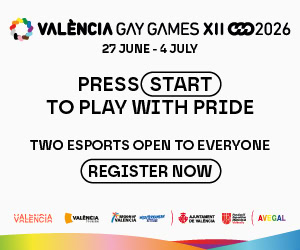
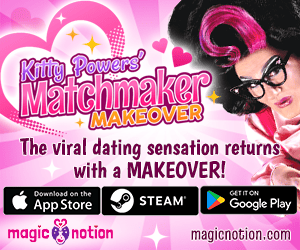



Comments are closed.